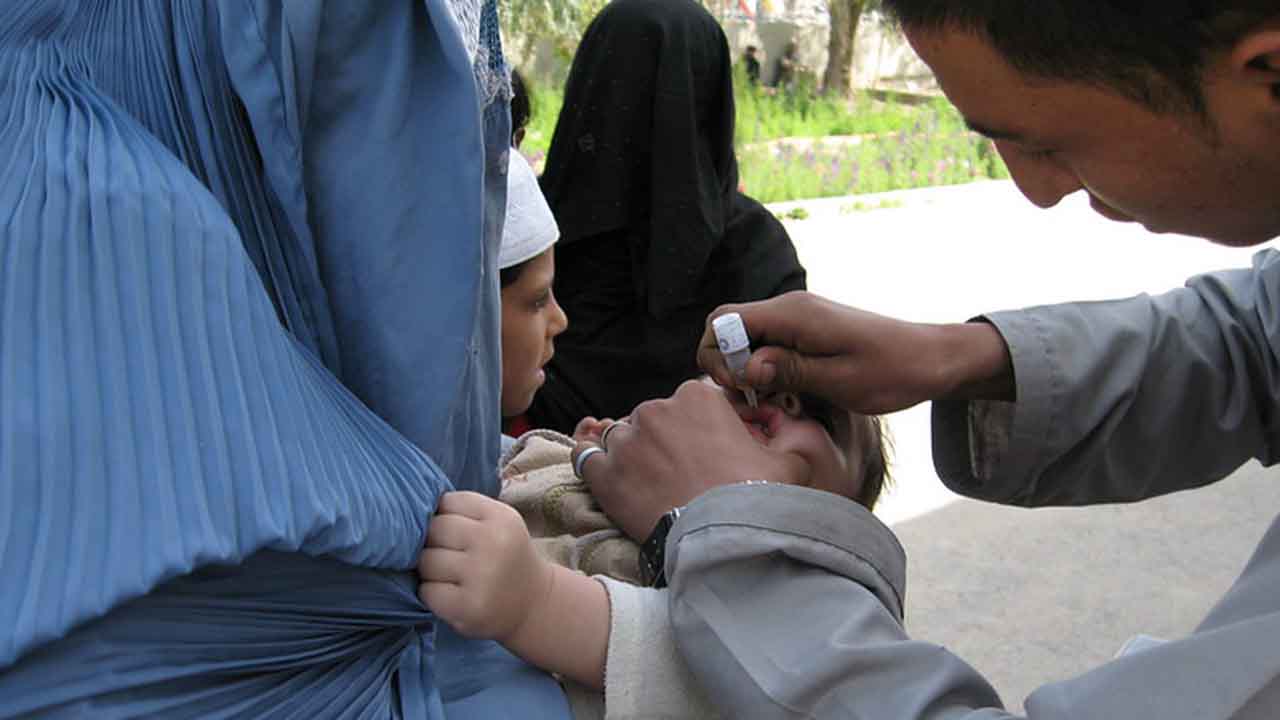The United Nations has condemned the brutal killing of eight polio vaccination workers in Afghanistan. In the wake of the carnage, the UN immediately suspended the national polio vaccination campaign in Kunduz and Takhar provinces.
One member of the vaccination transit team was killed in Taloqan district in Takhar province, while four members of house-to-house teams were murdered in two separate incidents in Kunduz city, according to a statement from the UN Country Team. Two vaccinators and a social mobilizer were killed in Emamsaheb district of Kunduz province.
Ramiz Alakbarov, the Secretary-General’s Deputy Special Representative for Afghanistan, took to Twitter to express condemnation in the strongest terms. He said the attacks and assassinations were a violation of international humanitarian law.
The head of the World Health Organization (WHO), Tedros Adhanom Ghebreyeus, has also expressed his profound shock. Four of the health workers were women, he said in a post on Twitter.
I am deeply shocked by the killing of 8 #polio health workers, 4 of them women, in #Afghanistan. We extend our deepest condolences to their families and colleagues. Health workers are #NotATarget. https://t.co/U6bXQZHv7L
— Tedros Adhanom Ghebreyesus (@DrTedros) February 24, 2022
The UN Country Team was appalled by the brutality of the killings, noting that this was not the first time health workers have come under attack. Last year, nine polio workers were killed during national polio vaccination campaigns.
These immunisation exercises are a vital and effective way to reach millions of children to protect them against polio, the UN statement said, and depriving them from an assurance of a healthy life is inhumane.
The polio vaccination campaign in Afghanistan is supported by WHO, together with the UN Children’s Fund (UNICEF) and other partners. The aim is to target nearly 10 million under-fives across the country this month, with four more rounds scheduled for the rest of the year.
Dr Ahmed Al-Mandhari, WHO Regional Director for the Eastern Mediterranean, said the suspension of the programme in Kunduz and Takhar provinces leaves thousands of children unprotected and exposed to a life-threatening disease that can result in permanent paralysis.


























